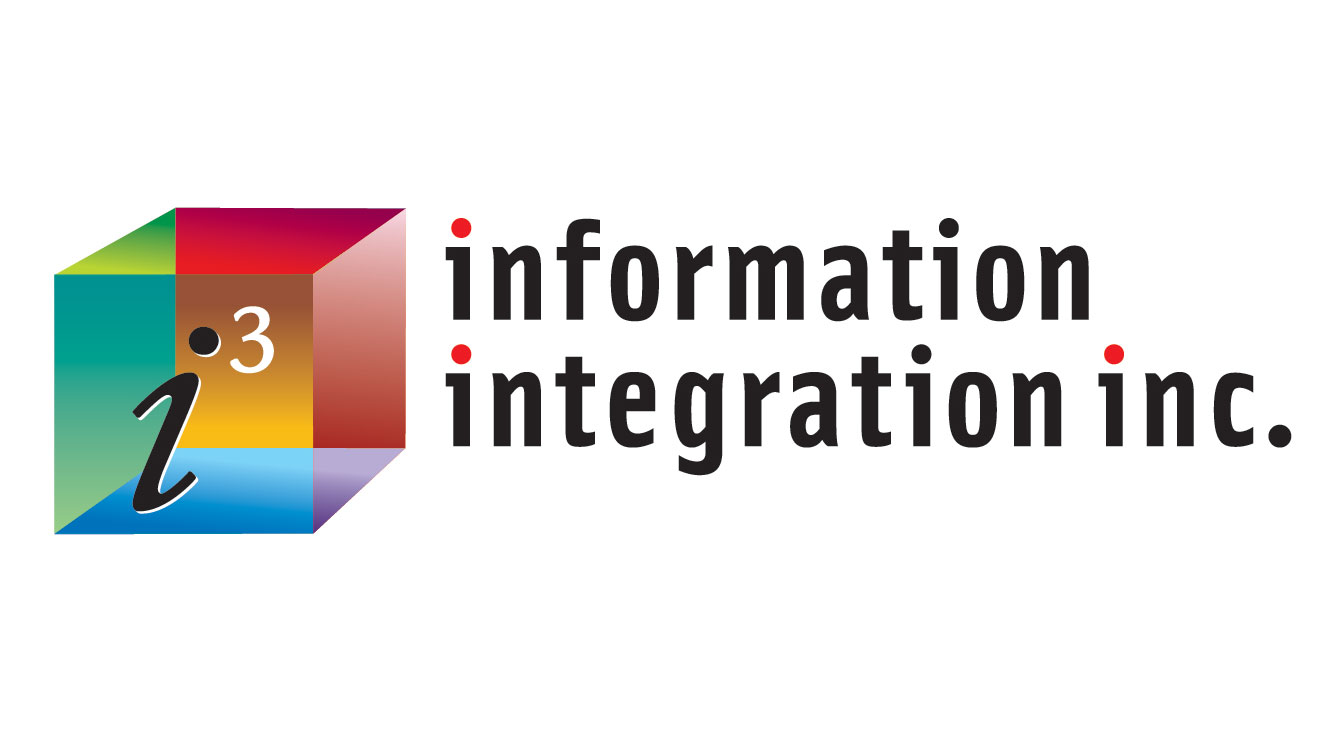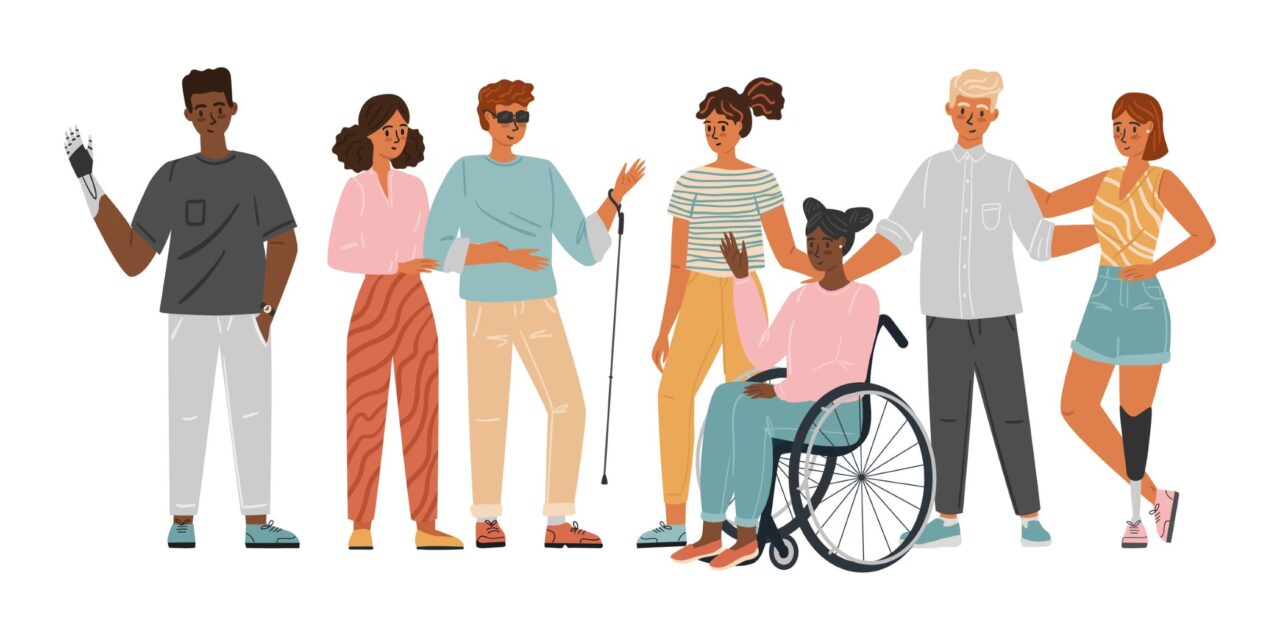Have you ever taken an online course or visited a website and said to yourself, “Is it just me, or is this hard to read?” Chances are it’s NOT you; it’s poorly designed. And now those poorly designed websites and online classes are causing thousands of people with disabilities to sue the firms that designed them.
It’s Time to Take a Serious Look at DOJ’s New Guidelines
On March 19, 2022, the U.S. Department of Justice (DOJ) issued new guidelines on Web Accessibility and the Americans with Disabilities Act (ADA). If you haven’t been paying attention to all the buzz around “accessibility,” then the new guidelines should motivate you take a serious look because the DOJ is making it a priority. The Society for Human Resource Management (SHRM) reports that in 2022, we are seeing a record high in the number of lawsuits being filed under ADA Title III.
So, What are the New Guidelines?
Further, SHRM summarized that “the agency listed characteristics of online material inaccessible to people with disabilities, including:
- Poor color contrast
- Reliance on color to provide information
- Lack of text alternatives, or alt-text, on images
- No captions on videos
- Inaccessible online forms
- Mouse-only navigation rather than keyboard navigation
The guidance states that [Title III] businesses must take steps to provide appropriate communication aids and services, often called “auxiliary aids and services,” where necessary to make sure they effectively communicate with individuals with disabilities.”[Record Number of Lawsuits Filed Over Accessibility for People with Disabilities (shrm.org)]
Think Your Training Isn’t Impacted?
Well, it is worth taking a look to be sure.
American Foundation for the Blind’s (AFB) Workplace Technology Study explored the experiences of over 300 learners in the workplace who were blind, had low vision, or were deafblind. Twenty-five percent of respondents stated that most online training they are required to complete is not accessible. (A link to the full study is provided in the footnote below.)
We should always be looking at ways to create the best online experiences for our learners, but sometimes even the best training doesn’t work well for everyone. This is where a good audience analysis comes into play within the ADDIE model.
Work with your HR and Branding departments to explore the following as part of your firm’s preparedness to comply with the new federal guidelines. It’s also a good idea to ask them to review your courses or course templates.
- How many of your learners are visually impaired?
- How many learners are color blind?
- Do some learners use screen readers?
- How many learners are hearing impaired?
- Do some learners use only a keyboard instead of a mouse or trackpad?
The Bottom Line
Your company can be sued for poor learning experiences caused by your inattention to accessibility requirements. But, perhaps more importantly, paying attention to these studies and to the new guidelines to which they’ve contributed is a great way to show that your company values the diversity and talent of every member of its workforce.
Denise Roberts is a senior instructional designer and learning consulting with more than 20-years’ experience designing, developing, and managing learning programs for employees, partners, and customers. Her mission is to save learners from “terrible, horrible, no good, very bad training” by feeding their hungry minds with specially crafted learning experiences.





